A Shift in Perspectives
Night Shift
Director-actor Kayije Kagame takes control of her own narrative, shifting our perspectives on Black agency in this blend of magic and social realism.

With eerie aesthetics and metaphorical considerations, Night Shift is a mystery in itself. A deeper meaning is not easily grasped, as the subtle storytelling of this multi-layered diptych leaves a lot of room for ambiguity. The highly ambitious performance at its core leaves the viewer wondering whether the endeavour is successful or whether we are simply lost in the dark.
Slowly and creaking, a heavy mechanical door slides open. An impressive theatre is revealed: red cushioned seats look inviting under the glistering chandeliers. But where is the audience? The only figure in sight is the ghost lamp, or sentinelle in the original French—a small light that watches over the empty theatre at night. The stage is set for a tale with supernatural elements, featuring writer-director Kayije Kagame in one of the two lead parts.
Set in two desolate cultural institutions at night, the narrative centres around a Black male performer waiting backstage at La Comédie Francaise in Paris, and a Black female security guard, portrayed by Kagame herself, doing her nightly rounds at the Muséum d’Histoire Naturelle in Geneva. Two isolated characters, both Black and invisible to the public eye, experience a sort of nocturnal haunting. They seem bound to their respective marginal spaces, the colour of their outfits almost blending into the decors. At first glance, this is where the similarities stop. However, implicit storytelling invites the viewer into a game of interpretation in which every detail matters.
Amid rehearsals, the male performer is distracted by a golden rhino, a good luck charm that sits on the dressing room table before him. The object bears a striking resemblance to the golden rhino of the pre-colonial kingdom of Mapungubwe, dug up a century ago in South Africa and supposedly charged with ancestral spirits. Later, a giant life-size rhino without a horn, the animal’s symbol of strength, appears in front of the security guard. It stares her square in the face.
Crossing through both worlds as the connecting object, the rhino perfectly encapsulates the film’s treatment of animism and the porous boundaries between the real and the supernatural. Magical occurrences creep in and trigger the viewer’s imagination as ominous soundscapes morph from non-diegetic into diegetic sounds, drawing the viewer into a state of suspense. Unnerving low-key lighting brings historical paintings and sculptures to life. We are left to wonder whether these elements of occidental art are knowingly haunting the institutions they find themselves in and whether a colonial history is present here as well. The negative spaces created by the safeguard’s flashlight draw us into the realm of such thoughts.
Were Kagame and co-director Hugo Radi inspired by African magical realism? The entrapment of protagonists between two worlds, both economically and metaphysical, has long been a theme in the continent’s cinematic history. Directors such as Djibril Diop Mambety mixed magical realism with stories about alienation and the complexity of identity, engaging the audience in wider conversations about postcolonial realities. Mati Diop’s Atlantique is another case in point: a mesmerising contemporary example of the genre.
Night Shift offers a blend of magic and social realism, albeit very minimalistically. Delicately treading the fine line between the obvious and the allusive, the film at no point becomes explanatory or didactic. The absence of dialogue and the protagonists’s laconic acting keep us at a wilful distance, making it almost frustratingly difficult to understand their inner thoughts and feelings.
Perhaps this is exactly what the directors were looking for. With little to no emotional expressions, characters return the gaze of the onlooker, forcing us to confront our own projections. Instead of a clear-cut portrayal of Black experiences, we are pushed towards interpretations: What to make of the missing rhino horn? Why is the performer excluded from the stage? Why does the security guard stare at the life-size rhino with such intent?
The only real exception to this emotional distance occurs near the end of the film. After reading about the theft of rhino horns in a museum caption, the security guard seeks comfort in pictures of friends and family on her smartphone. But the viewing of this reassuring online gallery is interrupted by a sudden thump. We prepare ourselves for the worst. Something unexpected happens: instead of the drama of a potential break-in, we are witness to an intimate dance performance. In a back corridor of this prestigious museum, the security guard begins a slow shuffle as African music plays.
It is no coincidence that Kagame delivered the performance herself. Being both director and actor, she takes control of her own narrative, deciding who gets to be seen. There is a seductive intelligence in this film, that delicately helps us to shift our perspectives on Black agency.
This text was developed during the European Workshop for Film Criticism #4—a tandem workshop set during Filmfest Dresden and Vienna Shorts—and edited by tutor Anas Sareen.
The European Workshop for Film Criticism is a collaboration of the European Network for Film Discourse (The END) and Talking Shorts, with the support of the Creative Europe MEDIA programme.

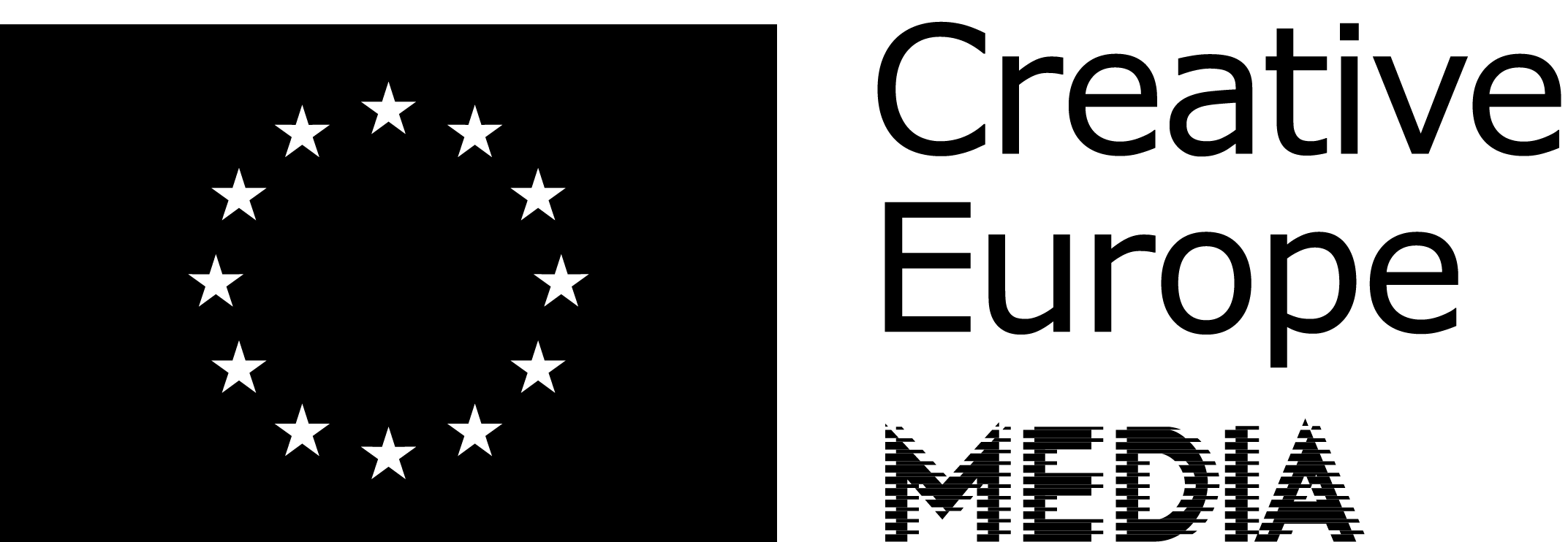
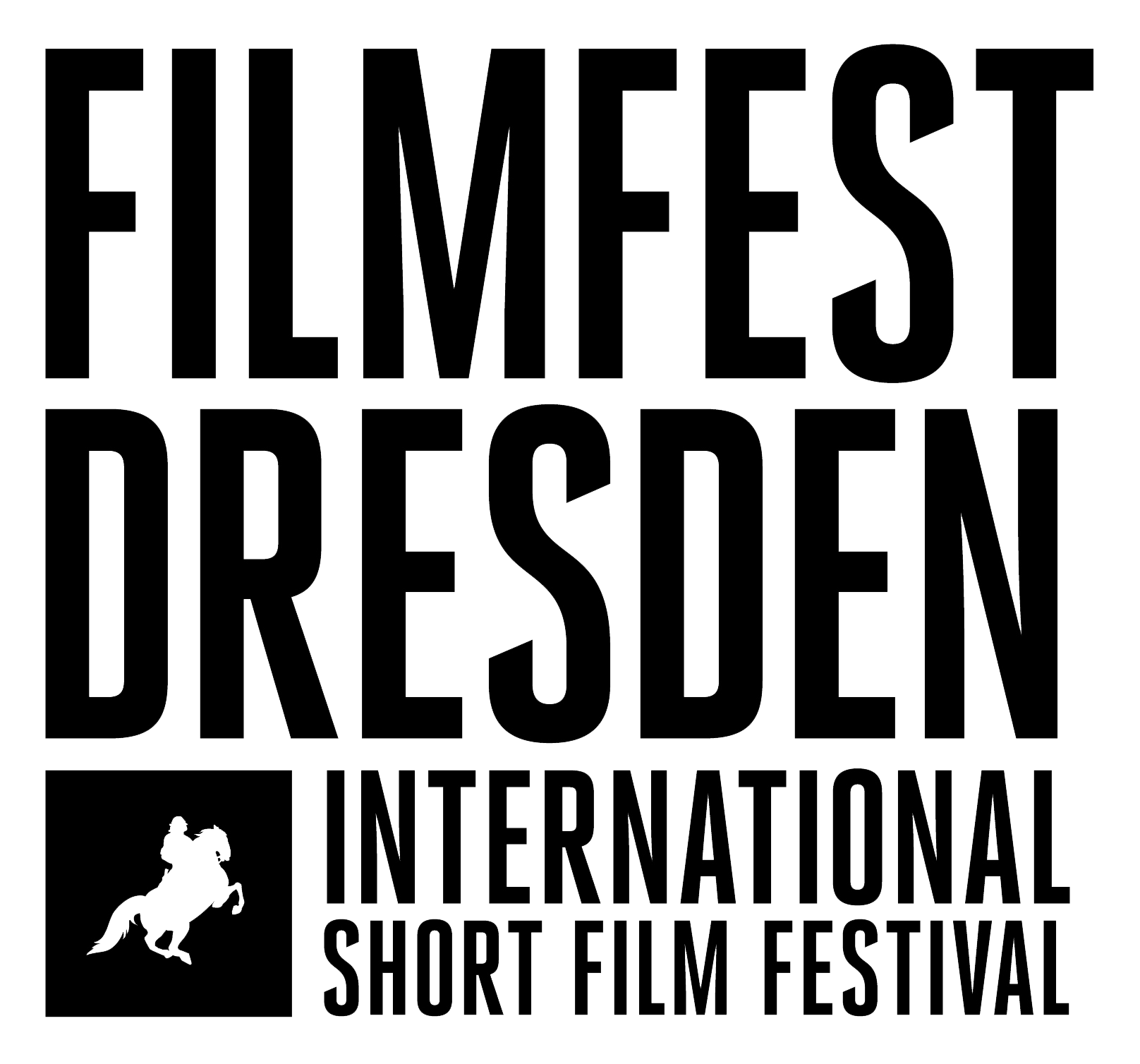
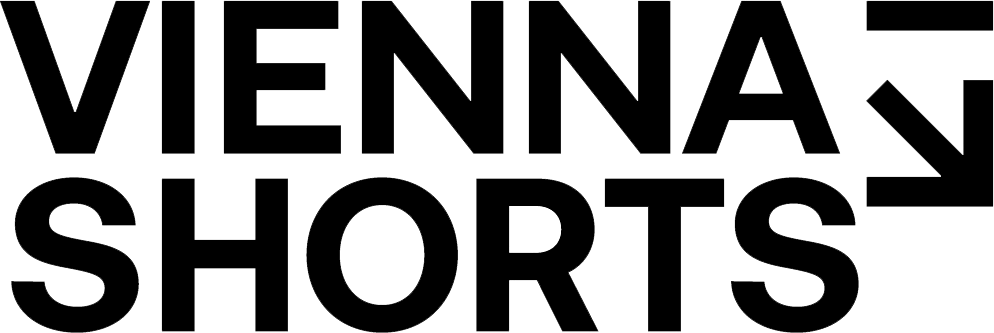
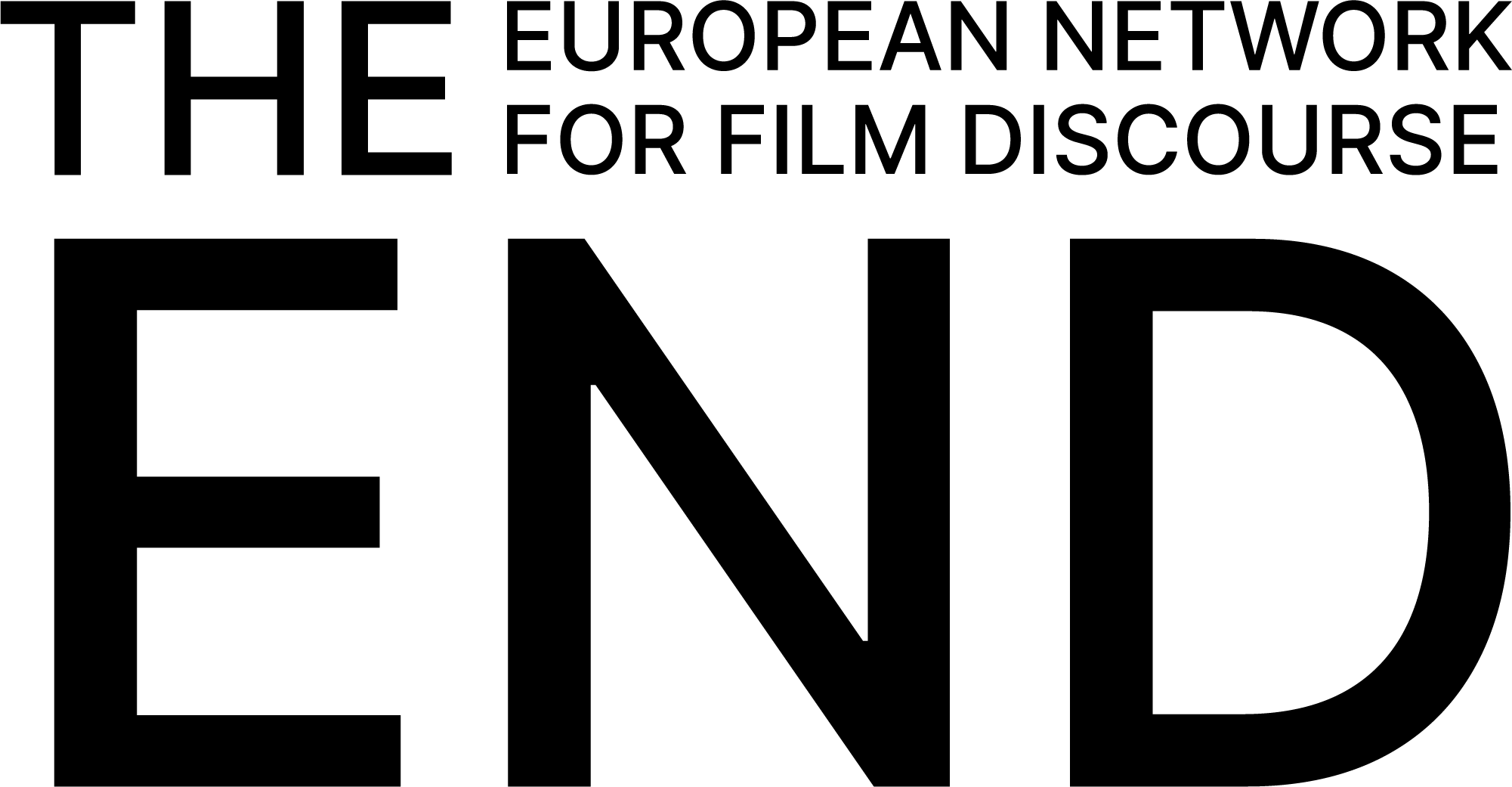
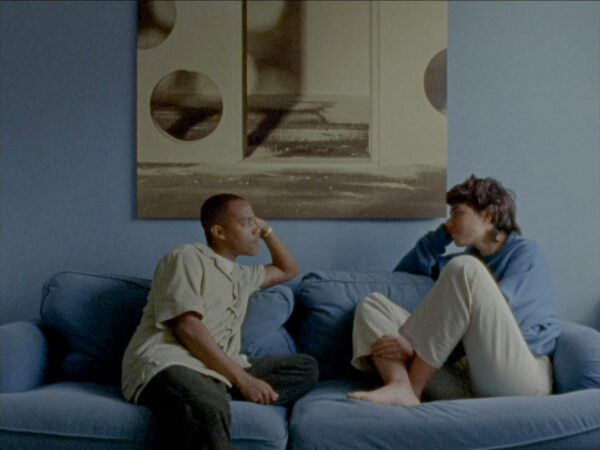
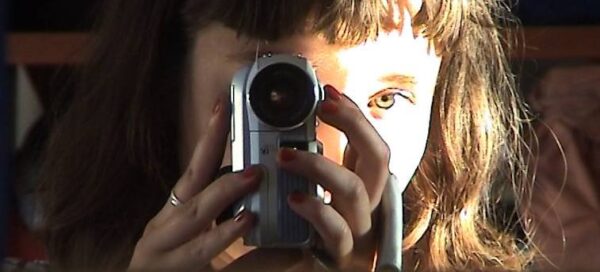
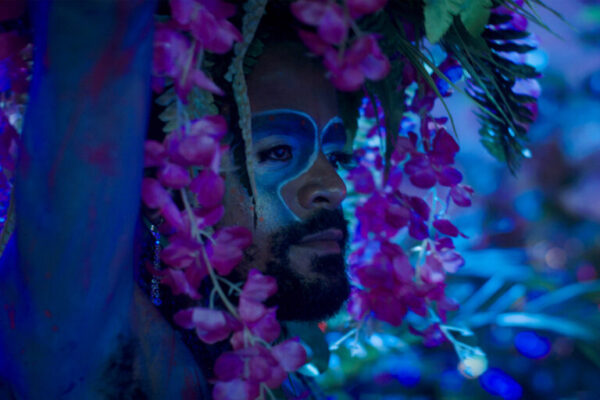

There are no comments yet, be the first!